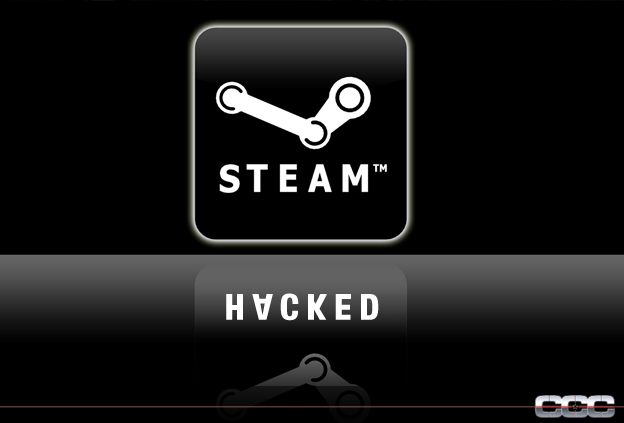None
It first came to public attention with the mishandled PSN hack: There are people out there who can, through one means or another, force their way into places they don’t belong, gaining access to servers that may hold some of your personal information. In the weeks and months following the PSN hack, gaming company after gaming company reported intrusions into their websites, servers and databases. Valve was among them and, in a message sent out today, founder Gabe Newell details the fruits of these hackers’ labors: Dear Steam Users and Steam Forum Users: We continue our investigation of last year’s intrusion with the help of outside security experts. In my last note about this, I described how intruders had accessed our Steam database but we found no evidence that the intruders took information from that database. That is still the case. Recently we learned that it is probable that the intruders obtained a copy of a backup file with information about Steam transactions between 2004 and 2008. This backup file contained user names, email addresses, encrypted billing addresses and encrypted credit card information. It did not include Steam passwords. We do not have any evidence that the encrypted credit card numbers or billing addresses have been compromised. However as I said in November it’s a good idea to watch your credit card activity and statements. And of course keeping Steam Guard on is a good idea as well. We are still investigating and working with law enforcement authorities. Some state laws require a more formal notice of this incident so some of you will get that notice, but we wanted to update everyone with this new information now. Gabe 
By Shelby Reiches |
